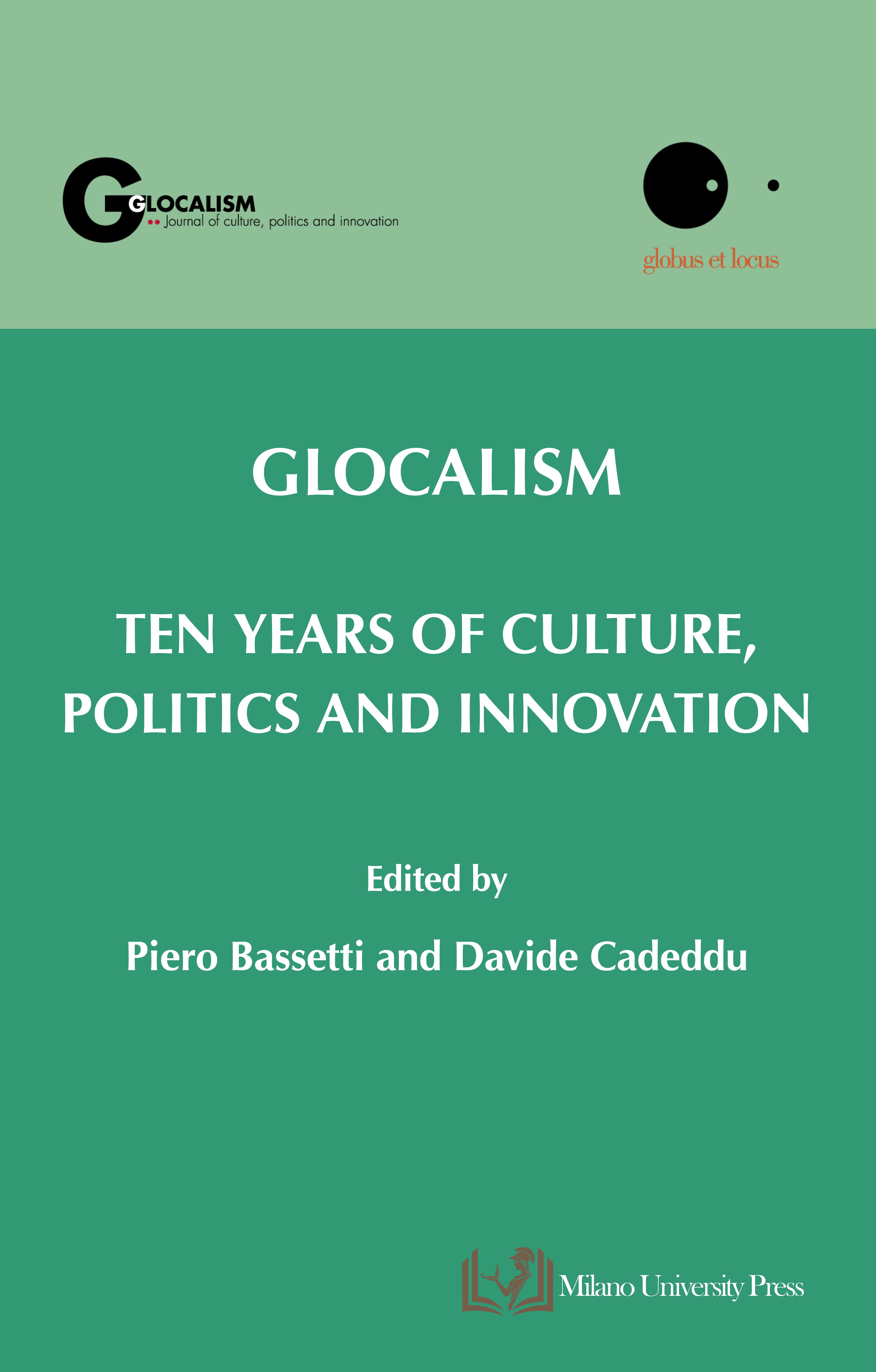Anti-Displacement Movement and Development Democracy: a Study on Keezhattur Protest in Kerala
DOI:
https://doi.org/10.12893/gjcpi.2019.1.6Keywords:
Vayalkilikal, Keezhattur, development, resistance, displacementAbstract
India has a history of displacing people for ‘development’; its genesis can be traced to the colonial administration. The 1894 Land Acquisition Act proves how State and bureaucracy define the rights of the people displaced. The ideas of development always triumph over displacement, and both parliamentary discourse and State establishments are positioned in favour of development. Hence, an anti-displacement perspective is considered anti-development as well as anti-State. There are local-centric movements to oppose displacement which are mainly criticized for not taking into account the development interest at large. However, being local-centric is a strength of these movements as it accommodates grass root democracy. This paper discusses the issue of development democracy in the context of the local protest in Keezhattur, Kerala. It is a locally grounded movement against the land acquisition for a highway project. The government is for the project while the opposition parties are against it simply by virtue of being in the opposition. No political party in Kerala genuinely opposes the project. The movements are treated as against the development. The oppositional pol- itics is local while the project is national. The people of Kerala do not have a reason to be with the protestors since the project is for a highway connecting the State with national mainland.
Downloads

Downloads
Published
How to Cite
Issue
Section
License

This work is licensed under a Creative Commons Attribution-ShareAlike 4.0 International License.











